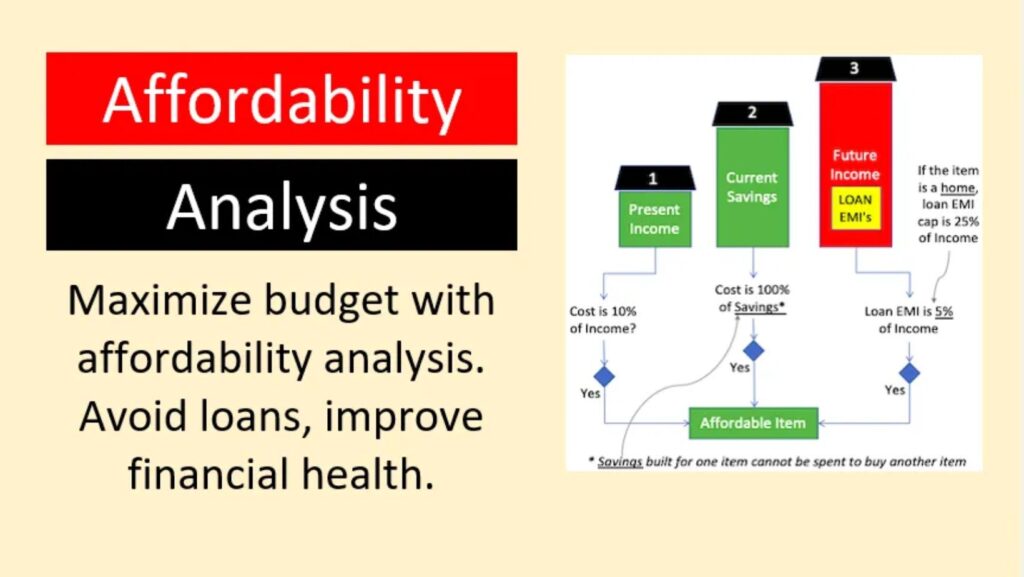In a time marked by escalating living expenses and lingering economic uncertainties, consumers are actively seeking ways to maximize the utility of their hard-earned income. This quest has given birth to what we can aptly term the “Era of Affordability.” It’s a phenomenon that encompasses a diverse array of industries and strategies, all aimed at offering consumers more budget-friendly alternatives without sacrificing quality. In this article, we will delve into the Era of Affordability, exploring its driving forces and the profound impact it has on our purchasing behaviors.
The Surge of Discount Retailers
One of the most conspicuous facets of the Era of Affordability is the surge in discount retailers. These establishments have perfected the art of delivering products at notably lower prices than their traditional counterparts. Whether it pertains to apparel, electronics, groceries, or household essentials, discount retailers have made it their mission to furnish budget-conscious consumers with cost-effective options. Brands such as Walmart, Aldi, and Dollar General have ascended to household recognition primarily due to their proficiency in providing quality items at affordable rates.
Online Marketplaces and Price Comparison
The internet occupies a pivotal role in propelling the Era of Affordability forward. Online marketplaces like Amazon, eBay, and Alibaba have created expansive ecosystems where consumers can meticulously compare prices, peruse reviews, and make well-informed purchase decisions. Price comparison websites and browser extensions further empower consumers, enabling them to unearth the finest deals without the need for physically navigating multiple brick-and-mortar stores. This heightened transparency and convenience have compelled retailers to remain competitive and maintain price competitiveness.
Read more.. Unveiling Tata Cars: What Sets Them Apart from the Rest
The Ascendance of Private Label Brands
Private label brands, often referred to as store brands or generics, have gained remarkable prominence within the framework of the Era of Affordability. Typically offered by retailers themselves, these brands are priced significantly below their national brand counterparts. While they might not boast the same level of brand recognition, private label products often match or even surpass the quality of their pricier counterparts. Shoppers are increasingly willing to forego the allure of brand names in favor of the cost savings afforded by private label products.
Sustainability and Ethical Consumerism
Notably, the Era of Affordability extends beyond mere cost considerations; it encompasses a commitment to sustainability and ethical consumerism. Shoppers are growing more conscientious regarding the environmental and social ramifications of their purchases. This has led to the rise of “fast fashion” alternatives and enterprises that prioritize sustainability, offering eco-friendly products at competitive price points.
The perception of ethical and sustainable shopping has evolved, no longer exclusively linked to higher costs, as consumers actively pursue economical choices that resonate with their ethical values.
Advancements in Technology and Automation
The pervasive influence of technology and automation has profoundly contributed to driving down prices. Enhanced manufacturing processes, the integration of robotics, and the advent of artificial intelligence have augmented production efficiency and cost-effectiveness. Consequently, companies are positioned to furnish products and services at reduced price points. Whether it’s the proliferation of self-checkout kiosks in grocery stores or the deployment of automated customer service chatbots, technology has streamlined operations and curtailed labor costs, ultimately translating into savings for consumers.
Read more.. The Fate of Transportation: Electric Vehicles and Independent Frameworks
Empowering the Consumer
Certainly, one of the most significant aspects defining the Age of Affordability revolves around the empowerment of consumers. Given their easy access to information and a multitude of options, consumers wield unprecedented influence over their buying choices. This surge in consumer agency has prompted companies to adopt a customer-centric approach, compelling them to be more responsive to feedback and committed to providing value.
In Conclusion
The Era of Affordability is far from a transient trend; it represents a fundamental transformation in how consumers approach the act of shopping. It is steered by a multifaceted confluence of factors, encompassing the expansion of discount retailers, the ascendancy of online marketplaces, the proliferation of private label brands, considerations of sustainability and ethics, technological advancements, and, above all, the empowerment of the consumer. As consumers persistently seek increased value for their monetary outlays, businesses must adapt to this evolving landscape by offering affordable alternatives without compromising on quality or ethical considerations. In this epoch of transformation, it is not solely the budget-conscious shopper who stands to benefit, but also the ethically and environmentally conscious consumer.
Read more.. The Future of Mobility: Exploring India’s Top Electric Vehicle Companies

